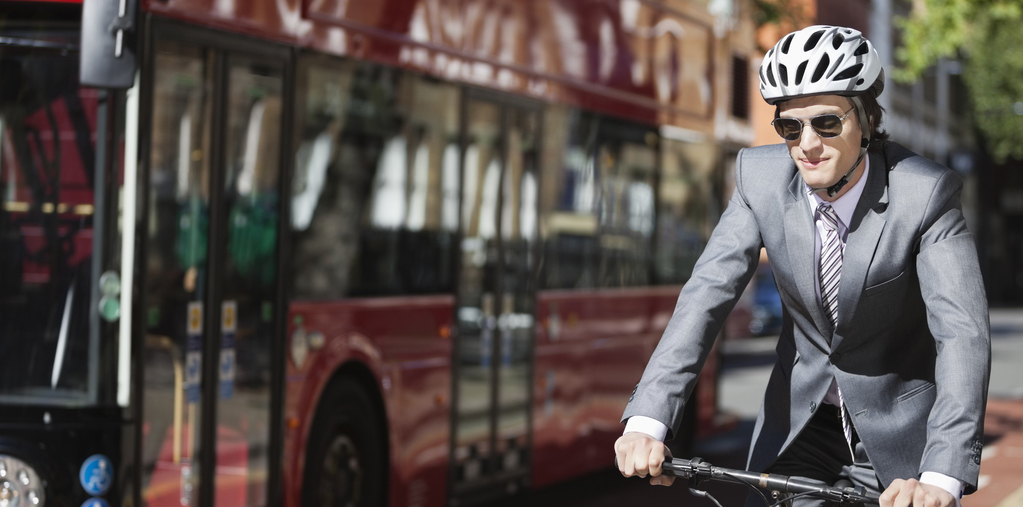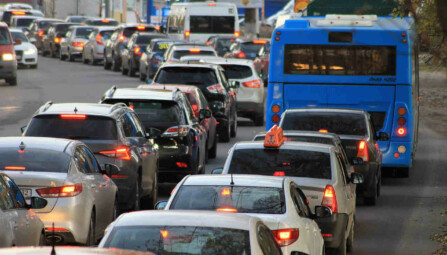Introduction
Promoting active travel offers health and wellbeing benefits as well as emissions savings
Why?

By making it easier for staff to travel to work other than by car we can reduce both carbon emissions and airborne pollutants, and if we encourage them to choose active travel methods like cycling and walking there are valuable health benefits, too.
“68% of all car journeys taken across the UK are under 5 miles – and 23% are under 1 mile”
Walking and cycling became increasingly popular during the COVID-19 pandemic, and Reading benefitted from additional funding for improvements to its cycling provision. There are numerous programmes to make cycling safer and more affordable, from Cycling Proficiency Training to Belles on Bikes. In addition, the government’s Cycle to Work scheme allows bikes – including e-bikes – and cycling accessories to be purchased tax-free through salary sacrifice.
Some workplace adaptations are helpful to encourage walking, running and cycling; for example showers, lockers and secure bicycle storage. To help motivate staff it’s worth joining the national and international events like Bike Week and Cycle to Work Day or run your own events where active commuters enjoy a complimentary breakfast or earn vouchers.
According to research published by Sustrans, 150 minutes per week of moderate to vigorous intensity can achieve risk reductions in premature mortality of 11% and 10% respectively. Walking and cycling also reduce risk factors for diseases such as cardiovascular disease, some cancers, and Type II diabetes.
There is also growing interest around the mental health benefits that derive from physical activity. Recent research shows there is evidence for the effectiveness of walking in preventing and treating depression and anxiety. This research has also shown that, apart from in the most extremely polluted environments, the health benefits attained from travelling actively far outweigh the harms caused by exposure to air pollution.
Reading’s buses run on a variety of alternative fuels that reduce harmful emissions, and many of our local train services run on electrified lines, too. Offering subsidised season tickets can also help get staff out of their cars and on to more sustainable modes of transport – usually with some walking or cycling at either end of their journey.









